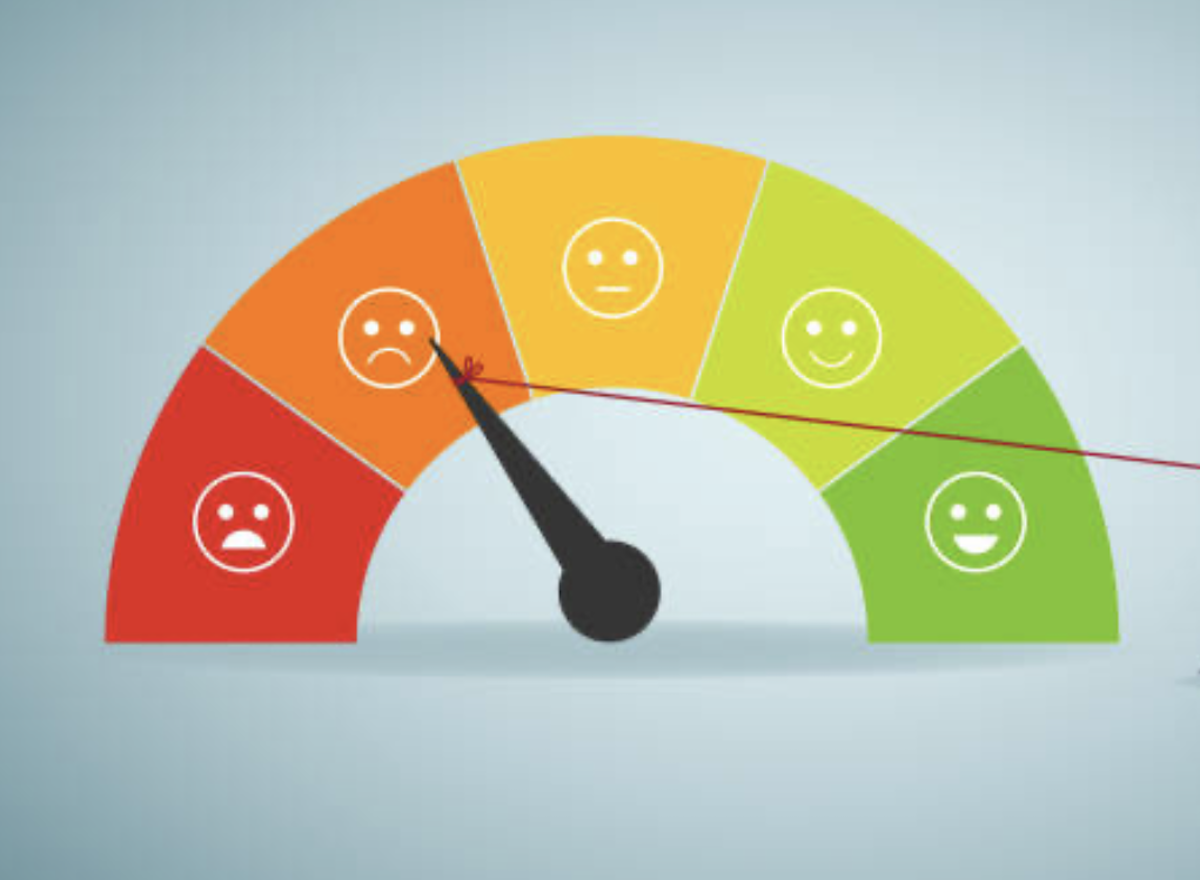A reverse mortgage is a financial product that allows homeowners, typically those aged 62 or older, to access a portion of their home’s equity without selling the property or making monthly mortgage payments. In this article, we’ll delve into the mechanics of how a reverse mortgage works, its advantages, and considerations for those contemplating this financial option.
Understanding the Basics
A reverse mortgage is a loan that converts a portion of your home’s equity into cash, and it’s repaid when the homeowner no longer lives in the home as their primary residence or passes away. The primary types of reverse mortgages are Home Equity Conversion Mortgages (HECMs), which are insured by the Federal Housing Administration (FHA), and proprietary reverse mortgages offered by private lenders.
How Does a Reverse Mortgage Work?
Eligibility
To qualify for a reverse mortgage, you must typically meet the following criteria:
- You must be at least 62 years of age.
- You must own your home outright or have a significant amount of equity in it.
- The home must be your primary residence.
Loan Types
HECM: These are government-insured reverse mortgages. They offer more consumer protections and flexibility.
Proprietary Reverse Mortgages: These are offered by private lenders and may have different terms and requirements.
Loan Disbursement Options
Lump Sum: Receive a one-time, large sum of money.
Line of Credit: Access funds as needed, similar to a home equity line of credit.
Monthly Payments: Receive regular, monthly payments.
Combination: Mix and match disbursement options based on your needs.
No Monthly Payments
One of the most attractive features of a reverse mortgage is that there are no monthly mortgage payments. Instead, the loan balance accumulates over time, including interest.
Repayment
The loan is typically repaid when the homeowner moves out of the home, sells the property, or passes away. At that point, the loan balance, which includes the principal and accrued interest, must be settled.
Home Equity
The homeowner retains ownership of the home and continues to be responsible for property taxes, insurance, and maintenance.
Advantages of a Reverse Mortgage
Access to Home Equity: A reverse mortgage allows you to tap into your home’s equity, providing financial relief for various purposes, such as medical expenses, home renovations, or supplementing retirement income.
No Monthly Payments: The absence of monthly mortgage payments can ease financial stress for retirees on fixed incomes.
Flexibility: Different disbursement options offer flexibility to meet your unique financial needs.
Considerations and Caution
Costs: Reverse mortgages come with fees and closing costs, which can impact the overall value of the loan.
Interest Accrual: Interest continues to accrue over the life of the loan, potentially reducing the homeowner’s equity.
Impact on Heirs: A reverse mortgage may reduce the inheritance you can leave to your heirs.
Counseling: HUD requires potential borrowers to undergo counseling to ensure they understand the terms and implications of a reverse mortgage.
Consider Reverse Mortgage
A reverse mortgage can be a useful financial tool for older homeowners looking to leverage their home’s equity without the burden of monthly payments. Understanding how a reverse mortgage works, its advantages, and potential considerations is essential in making an informed decision. It’s advisable to consult with financial advisors and explore different loan options to determine whether a reverse mortgage aligns with your financial goals and retirement plans.




